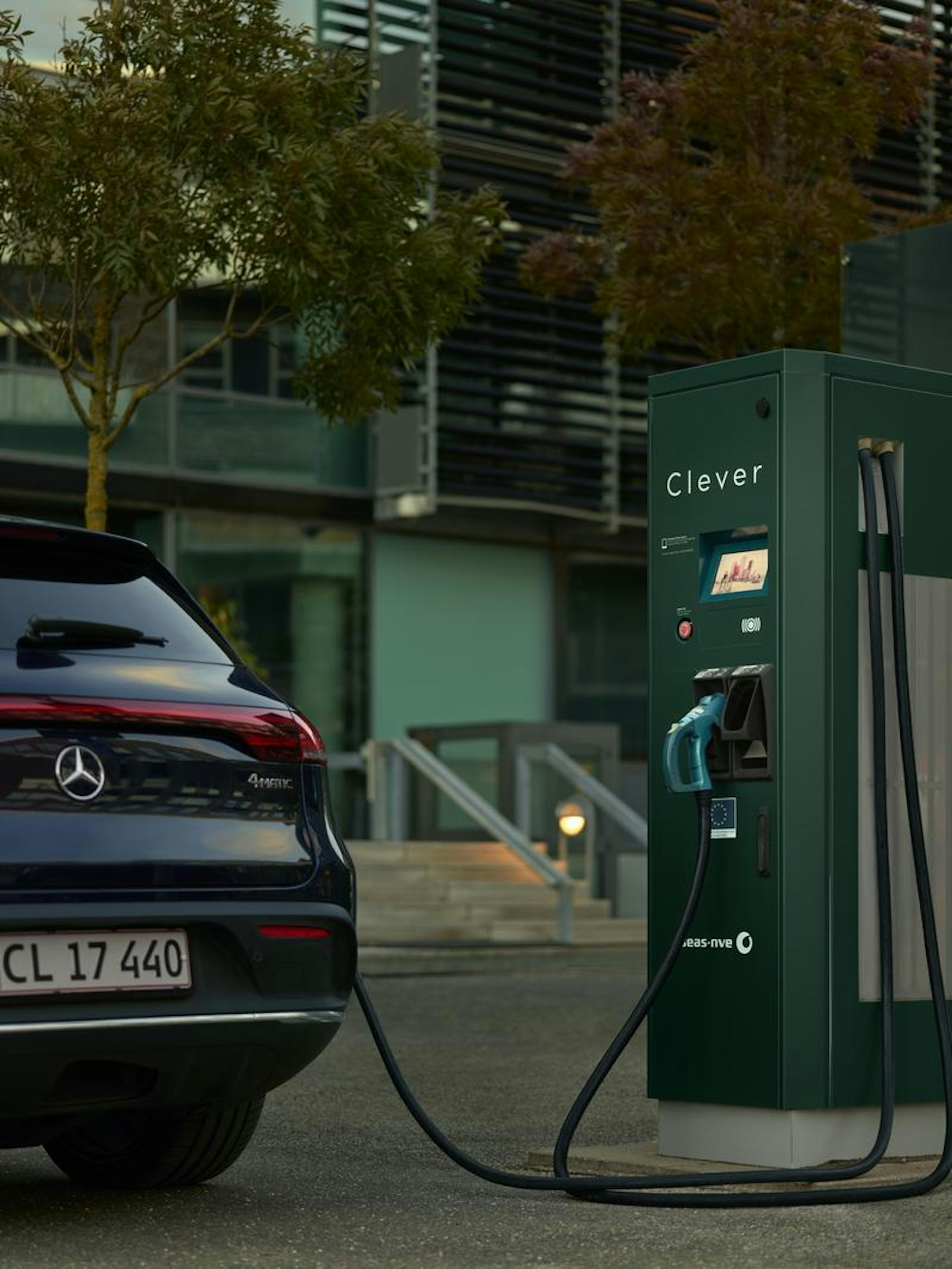Clever and Implement Strategy
16 April 2021
Ever since the Greek philosopher Heraclitus declared that the only constant is change, the dictum has been repeated so many times that it is almost a cliché. But change is a peculiar thing and comes in many shapes. Zooming in on technological advances, a general rule of thumb tells us that change is never linear but comes in S-curves. However, our expectations are almost always linear.
The Danish electric mobility operator Clever, the market leader in public charging infrastructure (both subscription-based and pay-on-demand services) as well as home chargers, has turned traditional strategic thinking upside down to overcome challenges in an immature industry and to pave the way for the mass-market breakthrough of the electric vehicle. While some companies are still learning to plan in order to execute a firmly set strategy, Clever has chosen another path and knows that to make it in a highly turbulent industry, the most sustainable option is to plan to learn while implementing strategy.
The challenge
For years, electric vehicles have been predicted to revolutionise the industry overnight, but a closer look at the facts shows that popular belief is far from reality. On the one hand, the electric vehicle is still a niche product, and incumbent automobile manufacturers are reluctant to fully commit themselves to entering the space, and on the other hand, the electric vehicle does hold the promise of enabling environmentally friendly transport and improving the end-user driving experience remarkably.
Today, the electric vehicle industry is caught in the no-man’s land between yesterday’s overoptimistic hype and tomorrow’s game-changing performance levels. A key to bridging the gap to a future of greener transport is the establishment of an adequately changing infrastructure that helps drivers recharge their vehicles on long-distance trips as well as an infrastructure of home chargers for recharging vehicles at night. However, it is very uncertain when the EV market will take off, and there is basically no single valid market forecast to use as the foundation for a solid game plan.
The solution
Gain a foothold in the niche before conquering the mass market
The optimistic market forecasts have led many industry analysts to the conviction that strategies should aim for mass market adoption and focus on high volume. However, the current electric cars do not match B2C mass market consumer needs. Driving distances are too short, and retail prices are too high. While getting ready for the mass market, Clever has chosen to focus on a few selected B2B and B2C niches in which there is a match between cars and customer needs. Further, Clever has understood that value propositions must be tailored to segment-specific needs.
Invest in the ecosystem to create long-term relations and limit risk exposure
All electric mobility operators are caught in a classic chicken and egg dilemma. There will be no cars as long as there is no charging infrastructure, and charging infrastructure investments are unattractive as long as there are no cars. Clever has chosen to lead the way through building a basic nationwide infrastructure and to carry some of the initial investments needed to kick-start the industry. But Clever knows that a single company alone cannot create the market momentum needed. Therefore, a key choice has been to develop solutions for partnering with long-term investors who share the same green transport vision.
Design, test and develop strategic options to prepare for the future
Clever’s organisation is small, and consequently, lack of focus should to some extent be avoided. However, a smart choice when stakes are high is to diversify investments and build several strategic options. By now, Clever knows that current market forecasts could still be incorrect. In such situations, diversifying risk is often a good idea, and Clever will be exploring several promising options that can be scaled if the underlying assumptions turn out to be true.
Plan to learn through assumption-based implementation
When flux is high, and there is no causal relation between big bets and big payoffs, the best strategic choice is to plan to learn – not to learn to plan. Clever has set a clear direction and made hard choices to focus efforts but is implementing strategy with a new mindset. It is no longer a matter of executing a plan from A to Z. It is a matter of empowering cross-functional implementation teams to learn and adjust along the way. To secure a constant overview of developments and the industry, all key assumptions guiding the strategic journey are constantly monitored and discussed when the management team frequently reviews the progress at fixed checkpoints where all strategic options are put on the table and assessed.
The impact
The electric car industry turns out to be an illustrative tale of overestimating change in the short term and in some cases a tale of applying strategic management principles that are best suited for highly predictable industries. In the midst of the industry, Clever stands out and has found a smarter way of navigating turbulence that does not rest on the need for stability and full visibility when looking into the future.
The main components of the revised strategy for Clever are focused value propositions for the niches, systematic ecosystem building, exploration of strategic options and an agile but firmly controlled approach to implementation.




